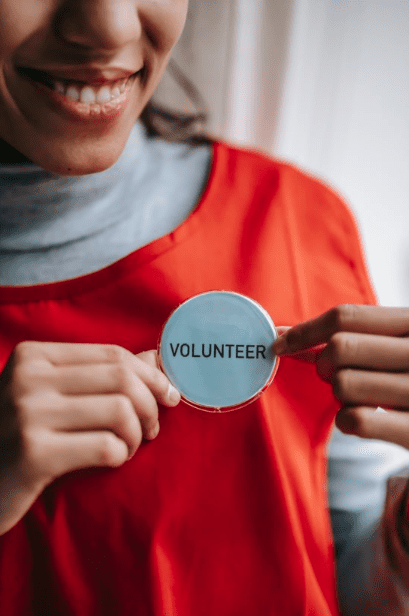Boma Somiari
Port Harcourt, Nigeria
 |
| Photo by Liza Summer from Pexels |
I can’t stand blood. So my goal was to stay as far as I could from hospitals and all they come with. But then change came to me when Aunty Felicia came to my village with a missionary organization that chose medicine and science as the medium for their message.
As the medical team was stretched thin due to scarce resources, we only had one or two personnel stationed in each of the seven areas into which they had divided our village for effective management of their program. Only on the weekend there was a combined fellowship sort of thing where they all got together with the villagers at the town hall. Then, they would pray for us, distribute welfare packages, and try to get us to see why we needed to develop better health habits.
Needless to say, most of the villagers only went for the welfare packages. They would go back home and continue to take the fermented concoctions their grandparents raised them on. They only listened when things got out of hand and sometimes a little too late.
My father’s house fell in the area where Aunty Felicia was sent. She was a different kind of doctor—at least, she was different from what I’d always thought doctors were like. She was nothing like the person in a white coat, peering at you over glasses in a way that made it look like they were x-raying your soul, and getting rich from the barrels of medicine they pump you full with. She was not the kind of person that would pray people got sick or stayed sick a long time so that she would still be in business.
Aunty Felicia was kind to us. She stocked up on menstrual pads like a vendor, but only because she took it upon herself to help girls who had mishaps because the wads of rolled-up cloth couldn’t hold the flow. When a girl stayed home from school, sometimes missing tests and exams because she didn’t have enough cloth to roll up, Aunty Felicia would give the girl what she needed, and then she would take her to school and see that the girl was allowed in, despite being a few hours late.
Before long, her one-room residence was a sanctuary of some sort. We were telling her things we wouldn’t dare tell our own mothers. And she was always available to listen. Also, parents were reaching out to her to help them talk sense into some wayward child. I saw her countless times in the middle of the night, when I went out to relieve myself, with a white box that had a red cross on it, rushing to help a woman in labor or someone in an emergency condition. She would chide me for coming out so late and tell me to get a small bucket to use at night.
When my friend, the daughter of a deacon at church, got pregnant, I managed to convince her to talk to Aunty Felicia. You have to understand that this was a serious problem. Parents disowned their pregnant daughters if they refused to get married before they started to show. Some girls gave in to shame and took rat poison. I feared for my friend, especially as the father denied responsibility, and I prayed to God with all my heart that He would give Aunty Felicia the wisdom to help her.
At the end of the program, most of us were in tears. Testimonies abounded of how these doctors touched our lives in more ways than we could recount. A group of us escorted Aunty Felicia home and lingered until she had to send us home hours later, as it was getting late. We were back in the morning, while it was still dark, trying one last time to get her to extend her stay while also acknowledging how selfish we were being. It was a brutal dilemma. As the bus that would take her from us arrived, we held on as long as we could. We promised her heaven and earth and assured her we would never forget all she taught us and did for us.
Most of us did our best with those promises and assurances.
My friend had her son and went back to school. Today, she can show her gratitude, however her heart chooses, to her parents who stood with her in those difficult days, raising her son while she trudged through a maze of theories and battled pendulums, scientific principles and machines.
And now I wear a white coat and peer at people over glasses—but, I promise, I’m not x-raying their souls. I might not stock up on menstrual pads like a vendor, but there’s usually an extra or two available somewhere. And when I peer at people over those glasses, I let them know that I’d listen if they ever want to talk, and then I do my best to keep my word.
I didn’t meet Aunty Felicia again but if I saw her I’d tell her how the course of my life changed forever because of her. If only she knew! If only every Aunty Felicia knew how much difference they make, changing lives for the better. I can only say, with all my heart, God bless you in every way you need His help.
BOMA SOMIARI believes that life is a gift and that we have a duty to be responsible with this gift. She writes a blog called The April Journal, where she hopes to encourage her readers to continue to carry out this duty. She contributes to The Message, a Christian study magazine published in Nigeria. She holds a Bachelor of Science degree in Accountancy from the Rivers State University of Science and Technology, Nigeria.

Leave a Reply